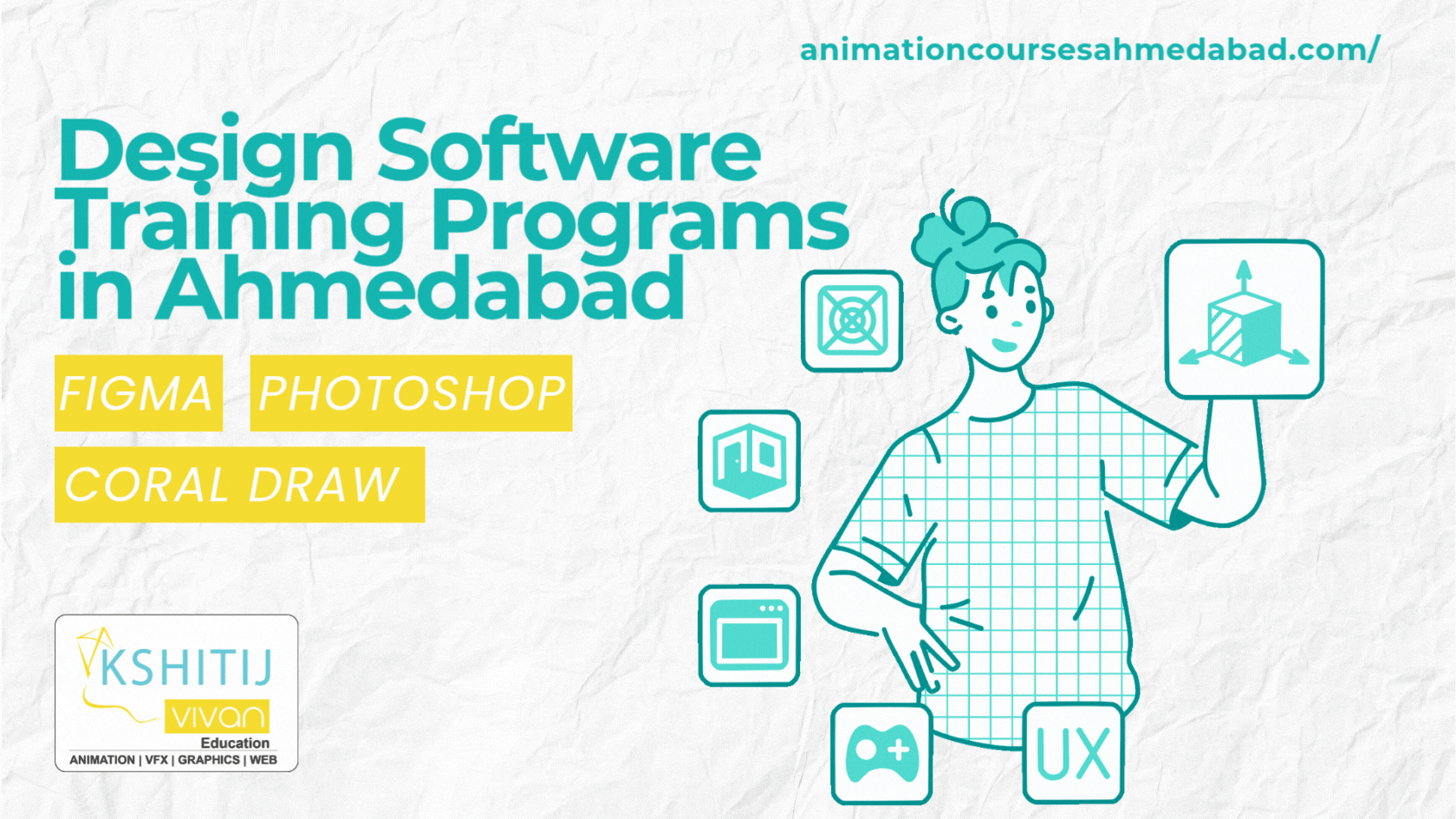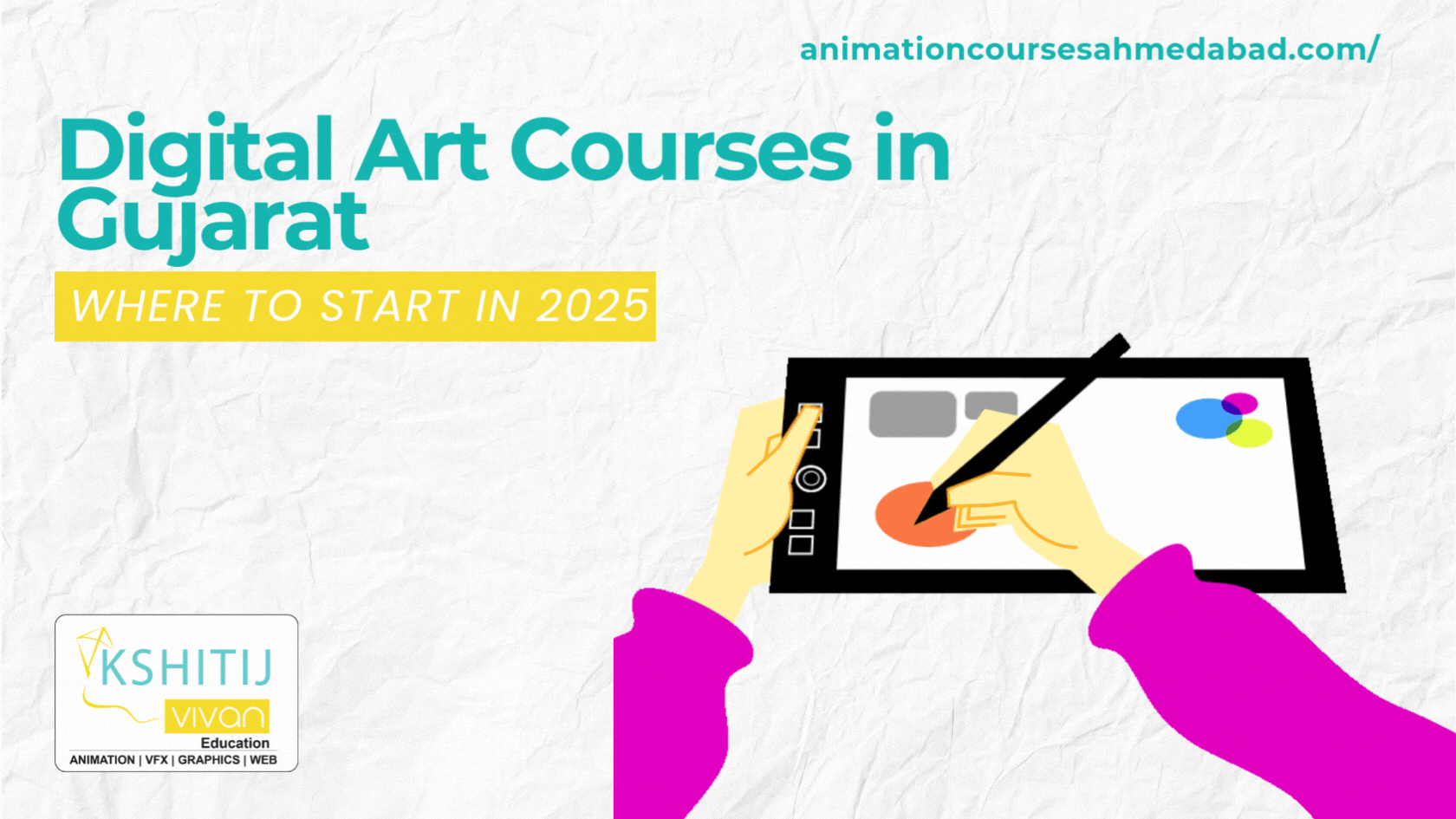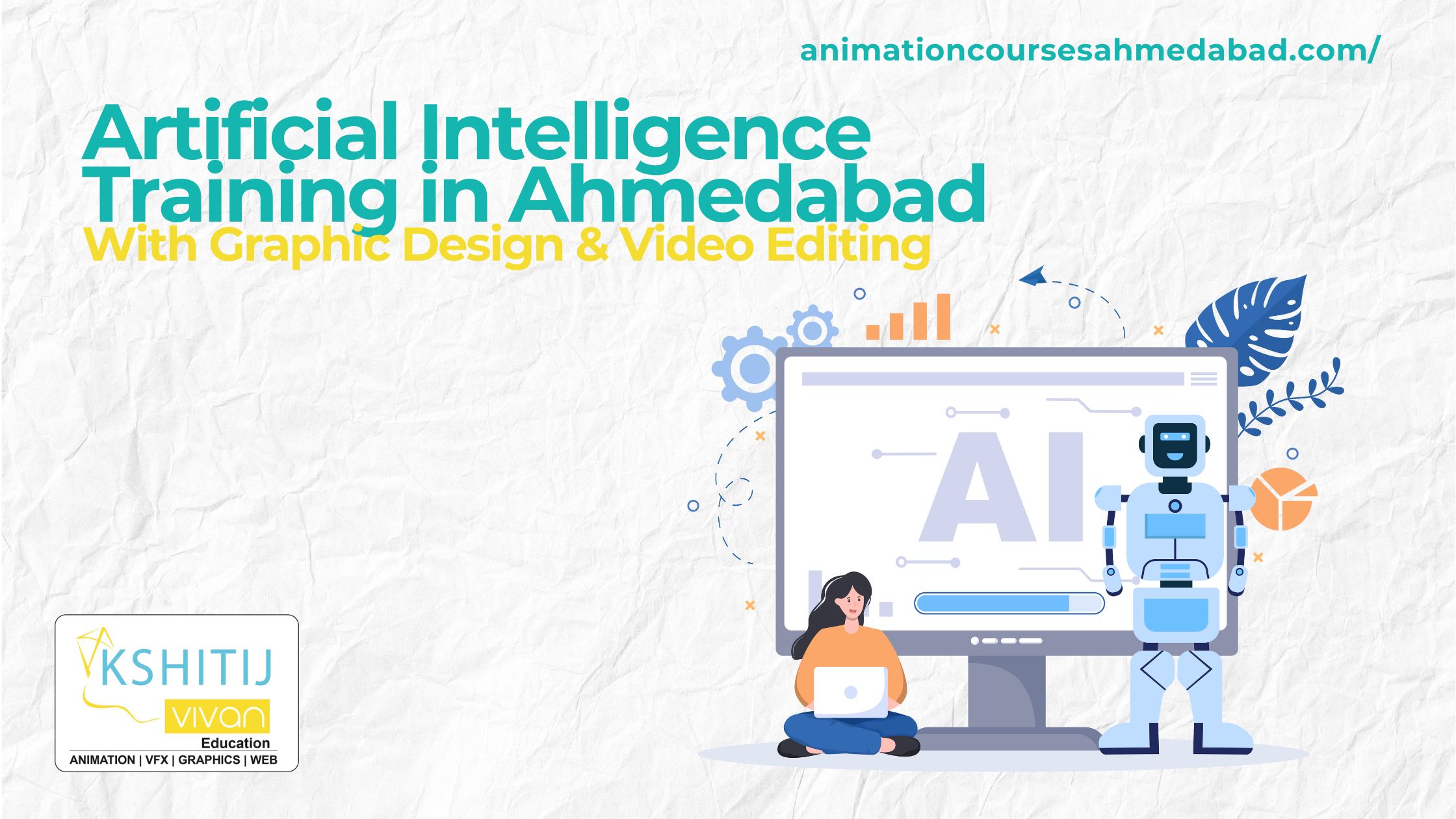
Evolution of Animation
The history of animation technology showcase moving art pieces and images changed over the years – now we are in a world when computer technology and internet technology helps to create some terrific animated videos enjoyed by diverse assemblage. Let’s dive back in history, relive the evolution of animation and explore some of what’s yet to come.
Evolution of Animation in Brief
[1] Early Ways of Showing Motion (30,000 B.C. – 1500 A.D.)
Archaeological artifacts prove that we have been striving to depict things in the motion as long as we have been able to draw. Some notable examples from the ancient times, as well as the European Renaissance example, include:
1. 3,000 B.C. - Shahr-E Sukhteh
A bronze-age pottery bowl depicts goats jumping (Shahr-e Sukhteh, Iran).
2. 1500 A.D. - Vitruvian Man
Leonardo da Vinci’s Vitruvian Man drawing shows the multiple angles, implying movement.
[2] Animation Before Film (1600 – 1877)
With a spread of the Industrial Revolution in North America and Europe in the 18th and 19th centuries came experimentation with the machines that would make images appear to move.
1. Magic Lantern – 1603
The Magic Lantern is an image projector using the pictures on sheets of glass. Since some sheets contain the moving parts, it is considered the first example of projected animation.
1. Magic Lantern – 1603
The Magic Lantern is an image projector using the pictures on sheets of glass. Since some sheets contain the moving parts, it is considered the first example of projected animation.
2. Thaumatrope – 1824
The thaumatrope housed a rotating mechanism with a different design on every side. When rotated, you saw a combined picture.
3. Phenakitoscope – 1831
The phenakitoscope featured spinning the disks reflected in the mirrors that made it seem like pictures were moving.
4. Zoetrope – 1834
The zoetrope was a hollow drum that a housed images on long interchangeable strips that the spin and made the images appear to move.
5. Flip-Book – 1868
The flip-book reached a wide audience and credited with the inspiring early animators more than the machines developed in this era. Also known as the kineograph.
6. Praxinoscope – 1877
The praxinoscope expanded on the zoetrope, using many wheels to rotate the images. It is considered to have shown that the prototypes of the animated cartoon.
[3] The Silent Era (1900 – 1930)
The early 20th era marks the beginning of theatrical showings of cartoons, mainly in France and the United States. Many animators form studios, with Bray Studios in the New York proving the most flourishing of this era. Bray helped launch the careers of the cartoonists that created Mighty Betty Boop, Mouse, and Woody Woodpecker.
1. Humorous Phases of Funny Faces - 1906
Marks the first entirely animated film, using stop-motion photography to create action.
2. Gertie the Dinosaur - 1914
It is considered the first cartoon to feature the appealing character.
3. Felix the Cat - 1919
Feline Follies and Musical Mews introduced Felix the Cat often considered the first animated movie star.
4. Steamboat Willie - 1928
Featuring Mickey Mouse—becomes the first cartoon with sound printed on the film, and is the notable early success for the Walt Disney Studios, founded in Los Angeles in the year 1923.
[4] The Golden Age Of American Animation (1930 - 1950s)
During what many consider to be “ The Golden Age of animation", theatrical cartoons became a necessary part of popular culture. These years are defined by rise of Walt Disney (Mickey Mouse, Silly Symphonies and Donald Duck), MGM, Warner Brothers, and Fleischer (Popeye, Betty Boop).
1. Snow White - 1937
Walt Disney releases Snow White and the Seven Dwarfs, the first animated feature to use the hand-drawn animation.
[5] The American Television Era (1960 - 1980s)
The animation industry began to adopt the fact that the tv continued its rise as the entertainment medium of choice for the American families. Studios created many cartoons for television using a "Limited animation" style. In the mid-80s with the help of cable channels such as The Disney Channel and Nickelodeon cartoons were ubiquitous on television.
1. Flintstones - 1960
The Flintstones releases Hanna-Barbera, the first animated series on the prime-time TV.
2. Yogi Bear - 1961
The Yogi Bear Show, a spin-off of Huckleberry Hound, debuts on national TV.
3. The Pink Phink - 1964
DePatie-Freleng Enterprises wins the Academy Award for the Best Short Film for The PinkPhink and continues to create the shorts for theatrical release.
4. Fritz the Cat - 1964
Fritz the Cat is released—the first animated adult (X-rated) feature film.
[6] Modern American Era (1980 - 2014)
The Computer Generated Imagery (CGI) revolutionized animation. A principal difference of CGI animation compared with the traditional animation is that drawing is replaced by the 3D modeling, almost like a virtual version of stop-motion animation. A form of animation that combines the two pictures and uses 2D computer drawing can be considered computer-aided animation.
1. The Adventures Of Andre & Wally B - 1984
This short film was the first CGI-animated film, created by The Graphics Group, the precursor to Pixar.
2. The Simpsons - 1987
The Simpsons is an American adult animated sitcom built by Matt Groening for Fox Broadcasting Company. It is the longest-running American sitcom, the longest-running American animated program, and in 2009 it surpassed Gunsmoke as longest-running American scripted primetime television series.
3. Toy Story - 1995
The first entirely computer-animated feature film was released in the year 1995.
4. BIG HERO 6 - 2014
Big Hero 6 is the first Disney animated film that is feature Marvel Comics characters.
[7] AR/VR and 360 Degree Animated Videos (2018)
Now brands and content producers are creating animated videos using latest computer technologies such as augmented reality, virtual reality and 360-degree video technology. This technology is highly experienced and helps to create immersive stories. As a brand, if you wish to grab the consumer eyeballs and be a trendsetter, then you must not have to miss on creating the brand stories using technology.
Students from different cities such as Kota and Bikaner come here to join KSHITIJ VIVAN Animation courses. KSHITIJ VIVAN also helps these students to get the best job placements according to their talents and skills to get the best start in their Professional Careers.



